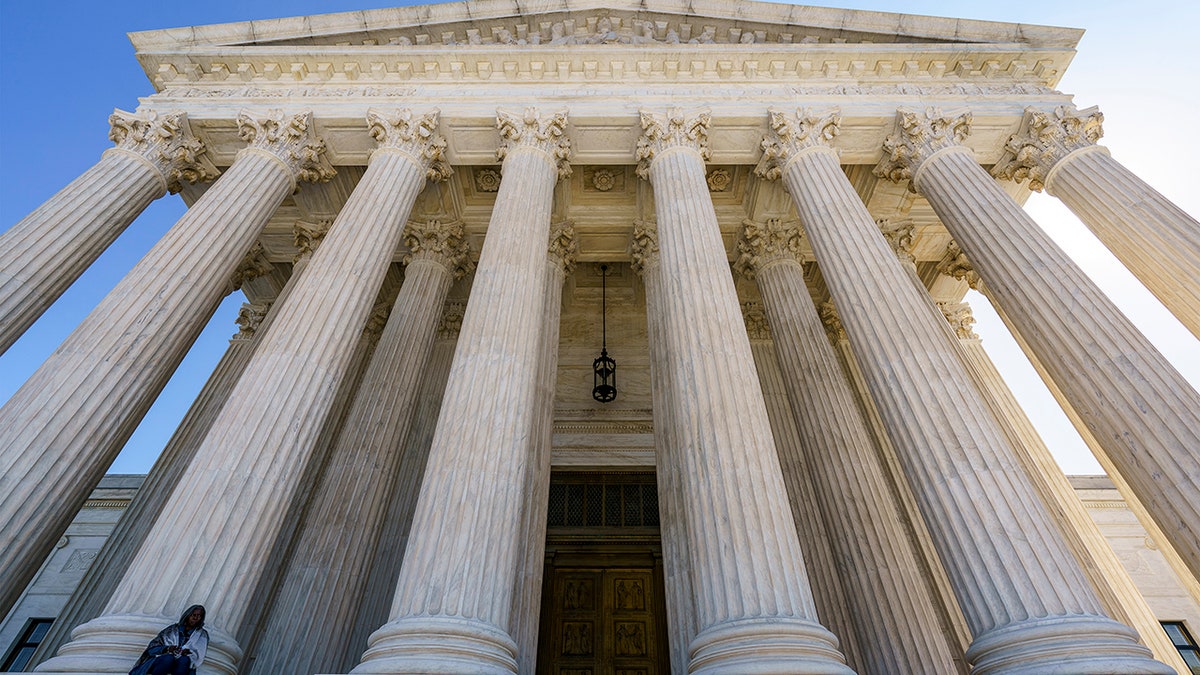Fox News Flash top headlines for April 22
Fox News Flash top headlines are here. Check out what's clicking on Foxnews.com.
A Supreme Court ruling on Thursday will make it easier to sentence minors to life in prison without parole.
In a 6-3 vote, the nation's top court ruled that judges do not need to find a juvenile murderer beyond rehabilitation to issue such a term.
Former President Trump’s three Supreme Court nominees were key to the ruling. Justice Brett Kavanaugh wrote the majority's opinion.
'CURSING CHEERLEADER' FREE SPEECH CASE TO BE ARGUED IN SUPREME COURT

The Supreme Court in Washington on Oct. 7, 2020. (AP Photo/J. Scott Applewhite, File)
The "argument that the sentencer must make a finding of permanent incorrigibility is inconsistent with the court’s precedents," he wrote.
The court's three liberal justices dissented. Justice Sonia Sotomayor wrote that the decision "guts" prior cases.
She argued that nearly 1,500 juvenile offenders serving life without parole wanted "the opportunity, at some point in their lives, to show a parole board all they have done to rehabilitate themselves and to ask for a second chance."
"Now, it seems, the Court is willing to overrule precedent without even acknowledging it is doing so, much less providing any special justification. It is hard to see how that approach is "founded in the law rather than in the proclivities of individuals," Sotomayor wrote in a dissent.
The decision stems from a case involving a Mississippi man who was charged with killing his grandfather in the state in 2004 when he was 15 years old. Brett Jones, now 31, stabbed his grandfather to death in a dispute over his girlfriend, reports said. He was convicted of murder, and a judge sentenced him to life without parole.
20 REPUBLICAN AGS OPPOSE 'ALARMING' COURT-PACKING EFFORTS IN LETTER TO BIDEN, CONGRESSIONAL LEADER
Jones had argued he is not "permanently incorrigible" and should therefore be eligible for parole. The court rejected his reasoning.
"In a case involving an individual who was under 18 when he or she committed a homicide, a State’s discretionary sentencing system is both constitutionally necessary and constitutionally sufficient," Kavanaugh wrote.
In 2005, the court ended capital punishment for those whose crimes were committed before age 18, concluding in a series of cases that minors should be treated differently from adults due to their lack of maturity. In 2005, it barred life-without-parole sentences for juveniles except in cases of murder. The court again sided with minors in 2012 and 2016.
CLICK HERE TO GET THE FOX NEWS APP
At the time, the court said life without parole should be reserved for "the rarest of juvenile offenders, those whose crimes reflect permanent incorrigibility."
The case is Jones v. Mississippi, No. 18-1259.
The Associated Press contributed to this report





